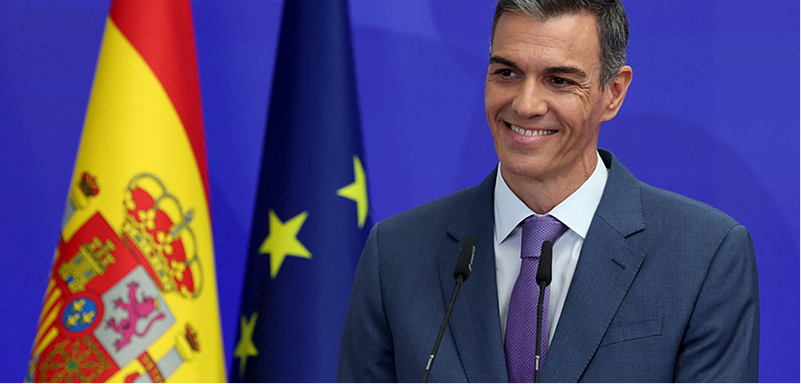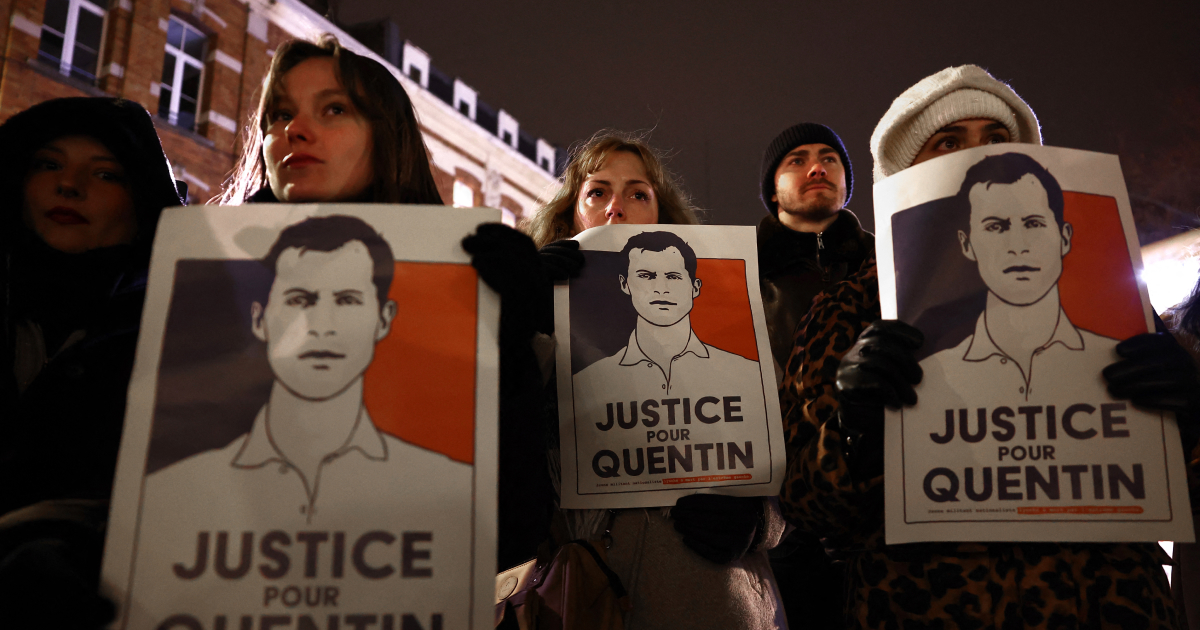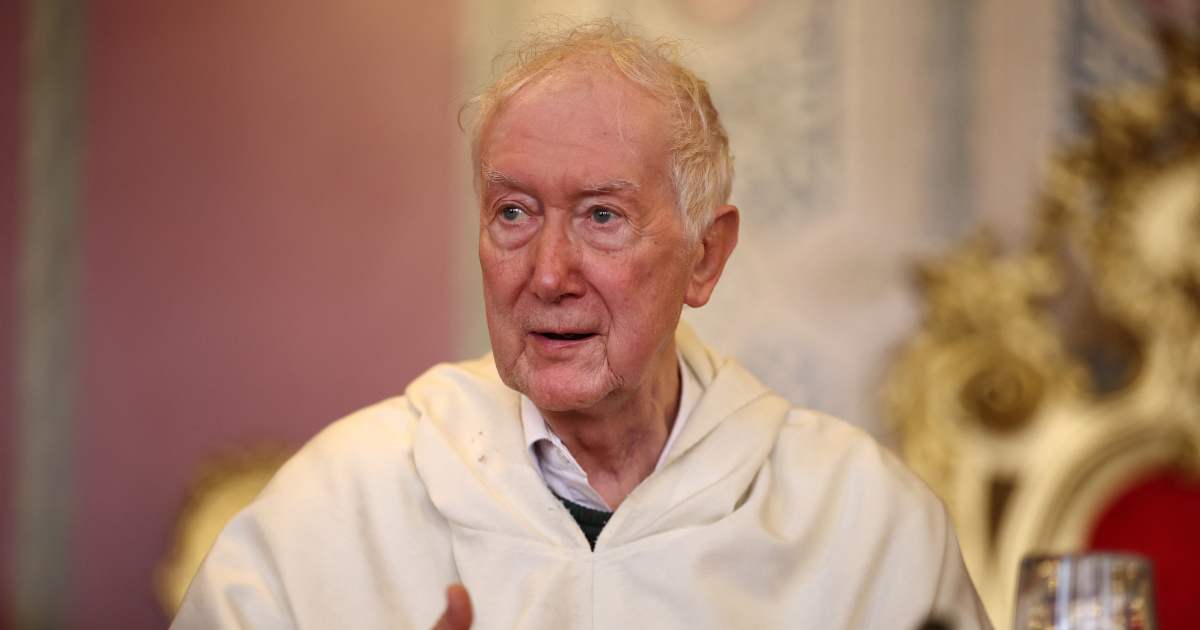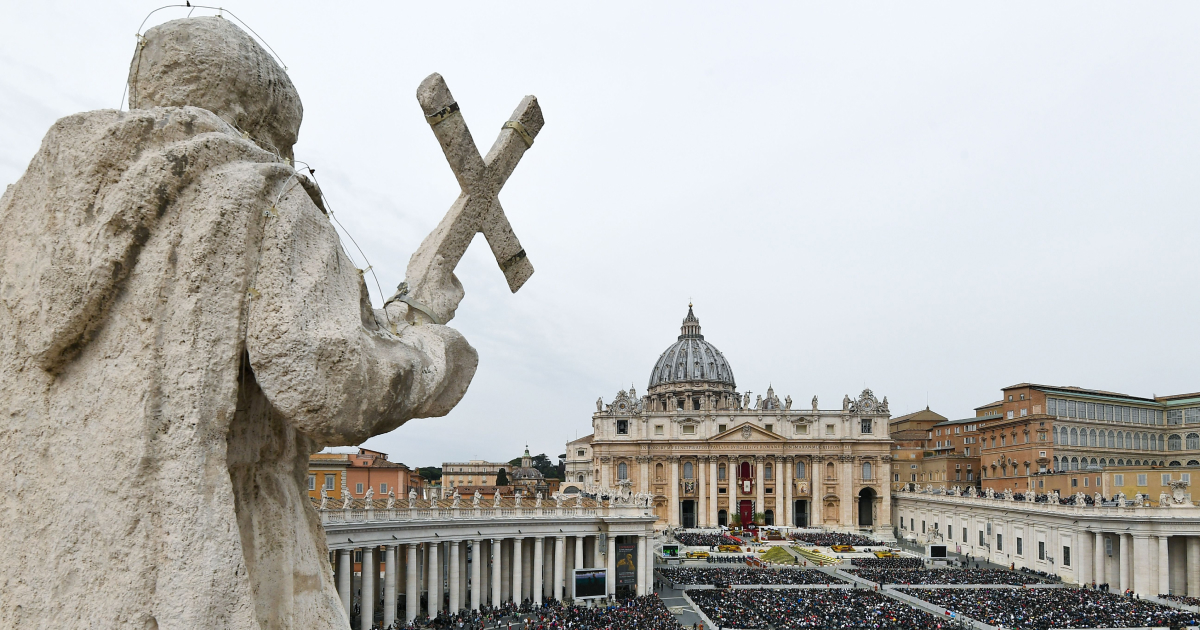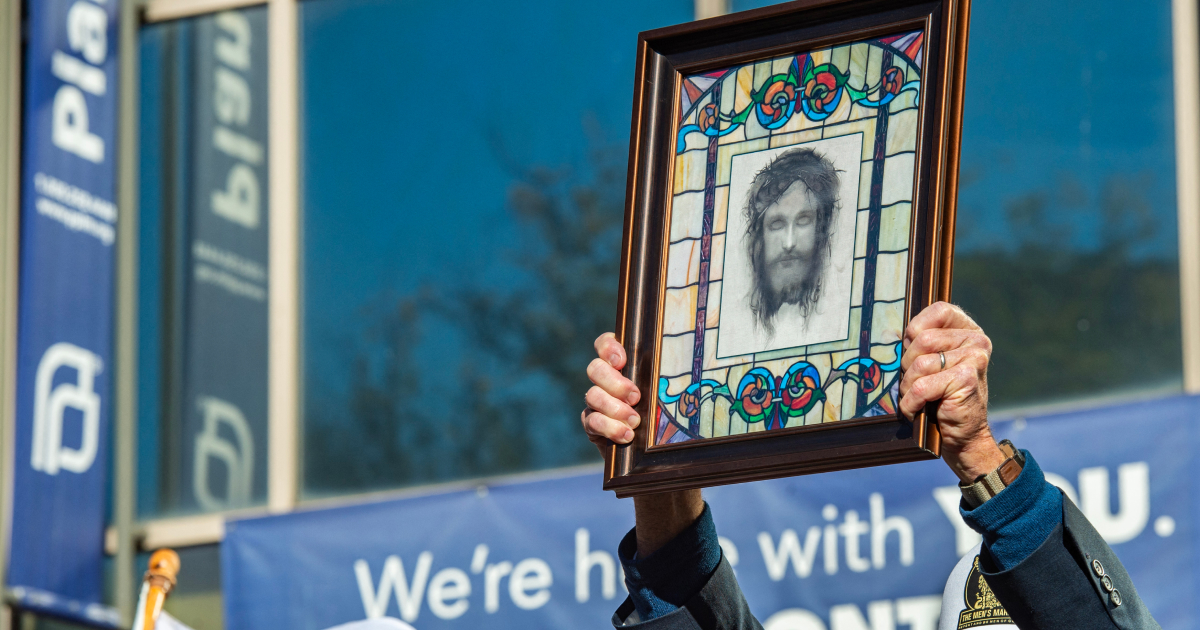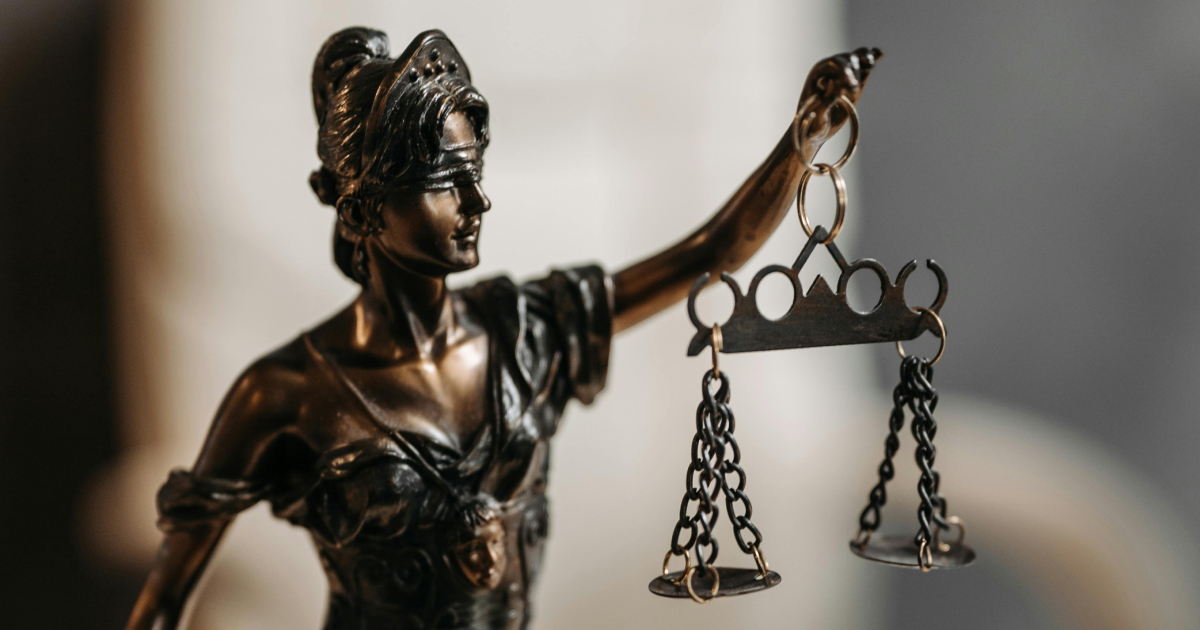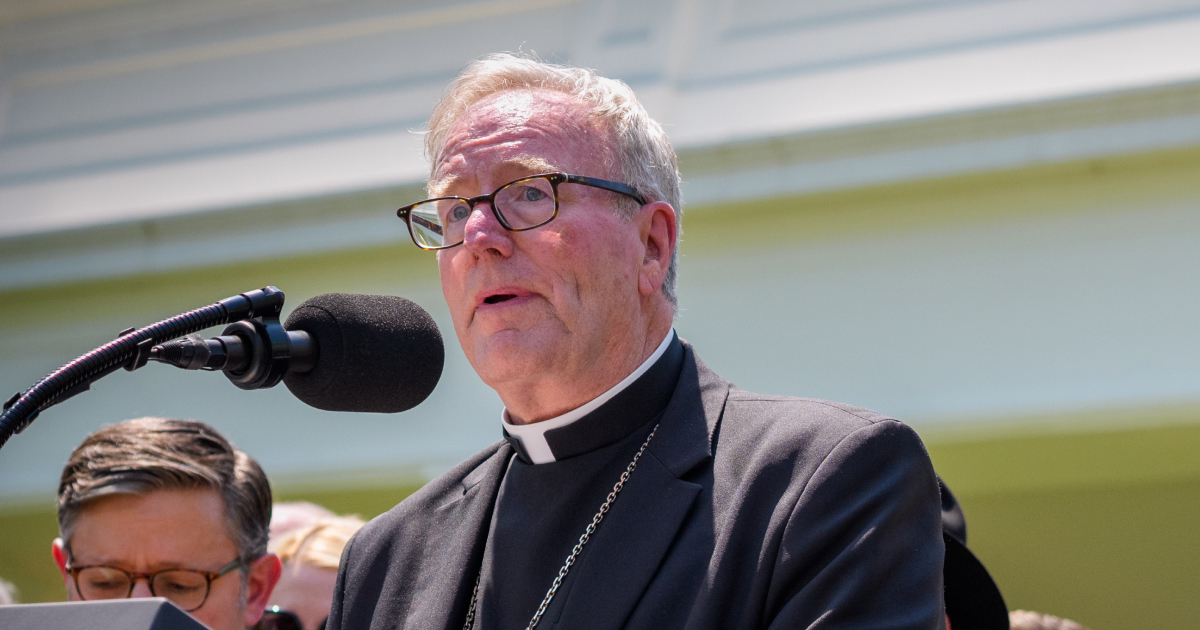The Spanish government of Pedro Sánchez has finally unblocked the appointment of Archbishop Piero Pioppo as the Holy See’s new Apostolic Nuncio to Spain, following months of diplomatic delay.
The Council of Ministers is expected to confirm the 64-year-old Italian archbishop at its first post-summer meeting, ending a five-month freeze that had strained relations between Madrid and the Vatican, reports The Objective, a Spanish digital newspaper founded in 2013.
The nomination of Archbishop Pioppo, currently the Vatican’s Nuncio to Indonesia, had been on hold since March. For months, the Spanish government withheld its approval, coinciding with growing tensions between Sánchez’s cabinet and the Spanish Bishops’ Conference.
Those tensions peaked in June when the bishops openly echoed opposition calls for early elections following a corruption scandal involving Sánchez and his party.
In response, Minister of the Presidency Félix Bolaños wrote angrily to the president of the bishops' conference, Archbishop Luis Argüello, accusing the prelates of “reproducing exactly the petitions and arguments of the two main opposition parties” and departing from “the most elementary institutional respect”.
At the time, the stalemate appeared to be a direct consequence of this clash. The prolonged delay in granting Archbishop Pioppo agrément had alarmed the Vatican. Many speculated in July that Spain had effectively imposed a veto on his candidacy, while some suggested the Vatican was having to consider alternatives.
Yet in recent weeks the situation shifted. A series of episcopal interventions directed against Vox, Spain’s populist right-wing party, appeared to soften the government’s stance.
Cardinal José Cobo of Madrid publicly defended the right to Muslim prayer and the presence of minarets in the city, while Archbishop Joan Planellas of Tarragona went further, declaring: “A xenophobe cannot be a true Christian.”
Meanwhile, the secretary general of the bishops' conference, Monsignor César García Magán, appeared to deliver a veiled rebuke to Vox leader Santiago Abascal, and comments the political leader had made in relation to Muslims, referring in a homily to “self-styled Catholics”.
It followed Vox’s controversial initiative in the city of Jumilla, Murcia, which sought to prohibit Muslim prayers and festivals from occurring in public facilities and buildings. The bishops’ united opposition marked a decisive distancing from a party viewed with suspicion, if not pure dislike, by Sánchez’s government.
In effect, those episcopal words appeared to shift the political temperature and to enable the appointment of the Pope’s representative to proceed.
Madrid began moving quietly to clear Archbishop Pioppo’s appointment, with the Foreign Ministry completing the necessary internal approvals earlier this month.
For the Church in Spain, the arrival of Archbishop Pioppo comes at a delicate time. Spanish society remains sharply polarised over questions of religion, migration and national identity. The bishops’ conference is attempting to chart a path faithful to Catholic teaching yet sensitive to pluralism.
By defending the rights of Muslims to pray publicly – with the Spanish bishops asserting the universality of the Church’s defence of religious liberty since Vatican II – the Church hierarchy has risked alienating sectors of traditional and more conservative Catholicism in the country.
Archbishop Pioppo, born in Savona in 1960 and ordained in 1985, is regarded as a conservative figure within the Vatican diplomatic corps. He served as private secretary to the late Cardinal Angelo Sodano, the long-time Secretary of State under St John Paul II. This included a number of years when theVatican Bank faced financial controversy. More recently he represented the Holy See in Cameroon and then Indonesia.
The apparent thaw in relations between the Spanish State and Church may well represent a relief not only for Spanish Catholics but also for Vatican diplomats eager to avoid a rupture in relations with one of Europe’s traditionally Catholic nations.
RELATED: Vox party leader lashes out at Spain's bishops for 'weakness' and 'silence'
Photo: Spain's Prime Minister Pedro Sánchez during a biannual press conference at La Moncloa Palace, Madrid, Spain, 28 July 2025. (Photo by PIERRE-PHILIPPE MARCOU/AFP via Getty Images.)





